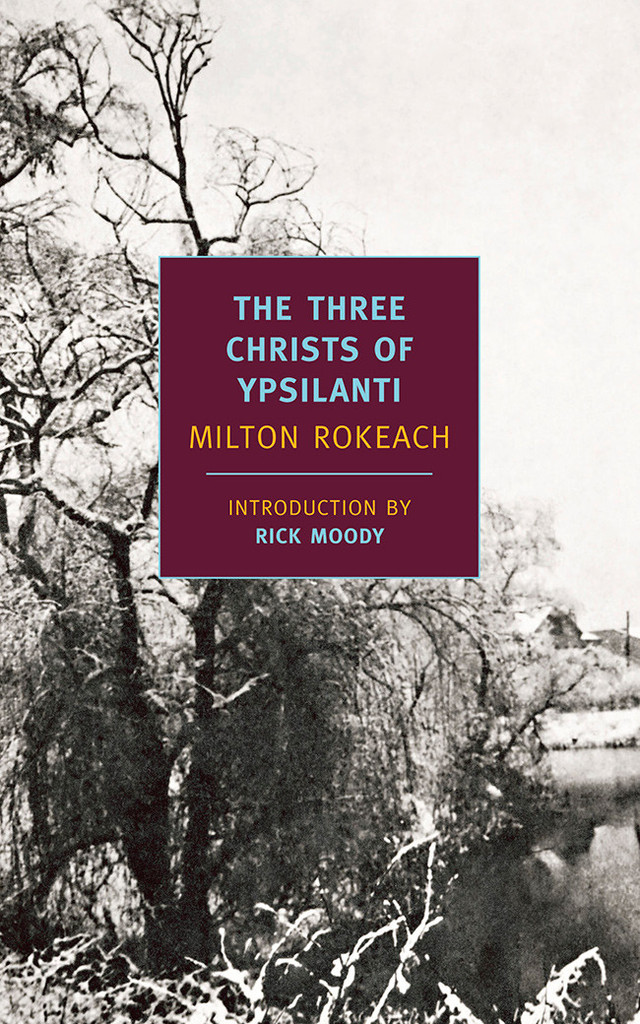If it wasn’t for the miraculous New York Review Books imprint, I may have never read Moravagine or The Three Christs of Ypsilanti, and then where would I be? Those two are giants, and there have been a lot of other pleasures, titles by Freeman Dyson and Dorothy Baker and Robert Sheckley.
I’m not as dour about literary publishing as, say, Philip Roth. It’s been increasingly difficult in the Digital Age to monetize such a field, but I think the demand is there and will always be there, no matter how many among us are binge-watching TV or “liking” our “friends.” I can’t guarantee there will always be a Broadway, but as long as there are humans, there will be theater. Telling stories is ingrained in us. The same is true, I think, of great literature.
At the Paris Review blog, Susannah Hunnewell has a smart interview with NYRB founder, Edwin Frank. An excerpt:
Question:
Were you surprised by how successful the series has been?
Edwin Frank:
The point of the series should be to get the books out there, spread the news, and to pay its way. It does pay its way. You could say the series started at a difficult but also opportune moment in a still ongoing crisis in publishing, a difficult business. Because this last decade has been a time when more than ever books are getting pushed aside by other kinds of entertainments and sources of information, and that has been a challenge for publishers and contributed to the decline of the independent bookstore that went on for so long and seemed inevitable. But in fact it’s changed. The decline has not only stopped but been reversed, and I imagine that’s because with books and literature under siege people who really care about books and literature care about them all the more. They want to defend them and seeing them as something you have to defend can put them in new light, makes you think again. What is it I love about these things? What difference do they make? And then again for people growing up with all the gadgets, perhaps the book offers a very specific respite, a place apart, a welcomingly unsocial medium, you could say. That may be going on, too. In any case, this ancient space of books has been changed by the new economy and the new technology. It doesn’t feel the way it used to feel—it feels threatened in some ways—but you can feel it all the more and feel it’s there to explore precisely because it can’t be taken for granted. Old as it is it feels different and in fact new and I think that may help to account for the new independent bookstores opening up, as well as for the success of our series and adventurous publishers like Archipelago.•

